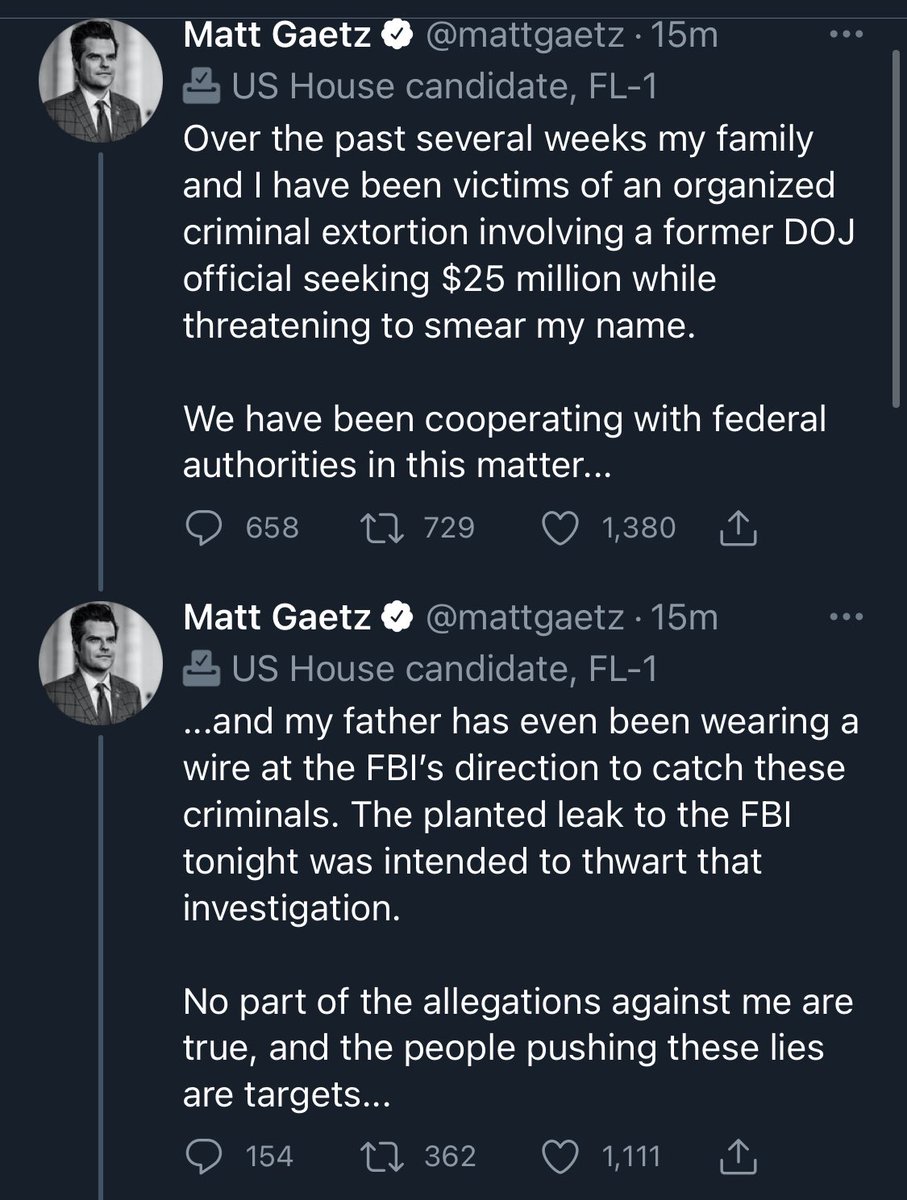
Theory: what makes plans like these popular isn’t, say, widespread concern about loansharking, but the appeal to a widespread desire to stick it to the man. “Moderate” Dems use that same affectation (sometimes quite successfully) but pretend “the man” is the Dem party and agenda.
https://twitter.com/mattyglesias/status/1382286937529143301
I would like to see moderate Dems train that affect on unscrupulous corporate actors, too. But what resonates is the affect (see: drain the swamp) not the polling of this or that issue position.
When you limit the affect to saying party leadership won’t control you, you never have to extend it to corporate interests.
The flipside though is that if “moderates” were anti-corporate populists instead of just flies in the ointment, the affect would eventually force them into confrontations (with health insurance companies, etc) that would make popularists uncomfortable.
• • •
Missing some Tweet in this thread? You can try to
force a refresh









